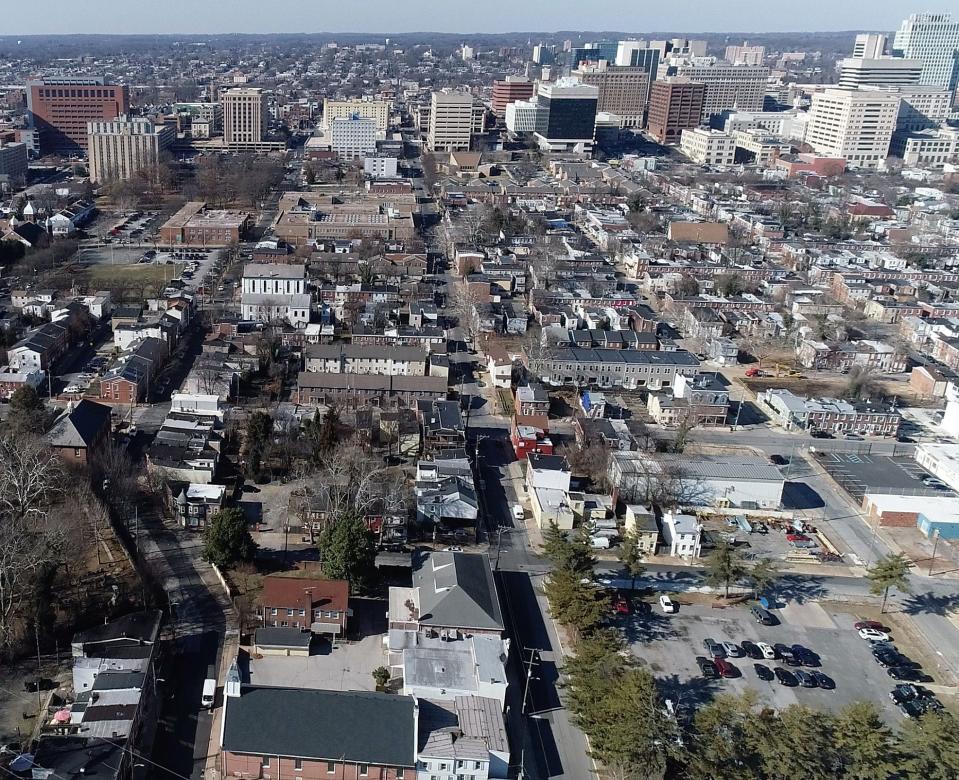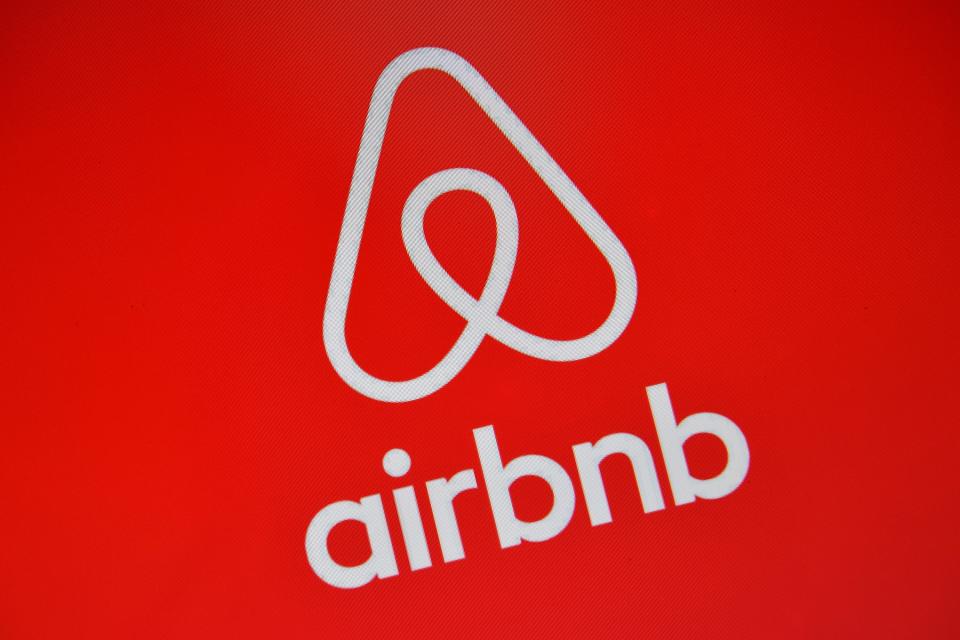Here's how Wilmington wants to regulate Airbnb and other short-term rentals
Editor's Note: This story has been updated to include a response from an Airbnb spokesperson received after deadline Wednesday.
Late-night partying, increased traffic and activity at all hours at some short-term rental units in Wilmington have prompted city lawmakers to consider regulations for Airbnb, Vrbo and other popular short-term rental options.
Wilmington recently received complaints from neighbors about problem short-term rental units, issuing “a handful of cease-and-desist letters in recent months,” which Mayor Mike Purzycki’s deputy chief of staff John Rago said the property owners have complied with.
“Currently, short-term rentals fall into the category of abbreviated hotel/motel stays or shorter-term residential property rentals as far as enforcement, so additional definition and regulation are needed,” Rago said.

An ordinance sponsored by city Councilperson Bregetta Fields and co-sponsored by Councilperson Nathan Field would establish regulations and guidelines for the short-term rental market, including creating a 3% lodging tax on each booking for short-term rentals and rules and obligations for rental owners.
Some of the proposed restrictions include:
Making short-term rental units a secondary use for the property only.
Ensuring contact information for the rental owner is shared with guests.
Prohibiting ownership of a rental unit by a business entity.
Requiring insurance coverage.
Limiting the occupancy in short-term rental units.
Neither council member responded to a request for comment on the proposed legislation.
WATCHDOG REPORTING: How crumbling buildings, improper practices caused a Dover nonprofit to lose federal money
The council will hold a public hearing on the proposed regulations during its Community Development & Urban Planning Committee meeting May 9.
Rago said the administration is supportive of the proposed ordinance and “looks forward to working with the council sponsor to get the ordinance into final form.”
Proponents vs. opponents
Trolley Square homeowner David Storm said he lives right next to an Airbnb property, which has been negatively impacting his quality of life.
“These homes do not strengthen communities; they weaken them. They price out homeowners, disrupt residents and are an overall net negative to the city,” Storm said during public comment at Wilmington City Council’s meeting April 4. “This ordinance strikes a balance – it negates the negative and allows people to rent out rooms in their home in a regulated manner.”
Not all short-term rental owners are opposed to regulating the market.

More than one owner said during public comment that they’re not opposed to paying their fair share in taxes, and agreed that ensuring guests have proper contact information for the owner is important.
Two short-term rental owners said their guests are primarily physicians, nurses, attorneys and other working professionals who have either recently moved to the area and need an immediate place to stay, or are working in the area for a short period of time.
COUNCIL ETHICS: Why a Wilmington council member was 'publicly reprimanded' again by city ethics commission
But owners also stressed that the proposed regulations go too far, some equating it to an outright “ban” that would “make it impossible to continue running” their businesses.
An Airbnb spokesperson said Wednesday evening that in Delaware the service has helped generate $147 million in 2023 in direct and indirect economic contributions, including an estimated 1,800 jobs supported through guest spending that has generated about $83 million in income for local workers.
“Airbnb has been an advocate of fair, streamlined tax collection laws that help governments generate tax revenue from travel across short-term rental platforms," the spokesperson said in an emailed statement. "For many years, we’ve partnered with governments around the world to collect and remit tourism taxes on behalf of hosts, which in turn supports local economies.”
Read the proposed ordinance
Short Term Rental Regulations ordinance by Mandy on Scribd
Got a tip? Contact Amanda Fries at afries@delawareonline.com. Follow her on X at @mandy_fries.
This article originally appeared on Delaware News Journal: Wilmington eyes regulations to Airbnb, Vrbo, short-term rentals

